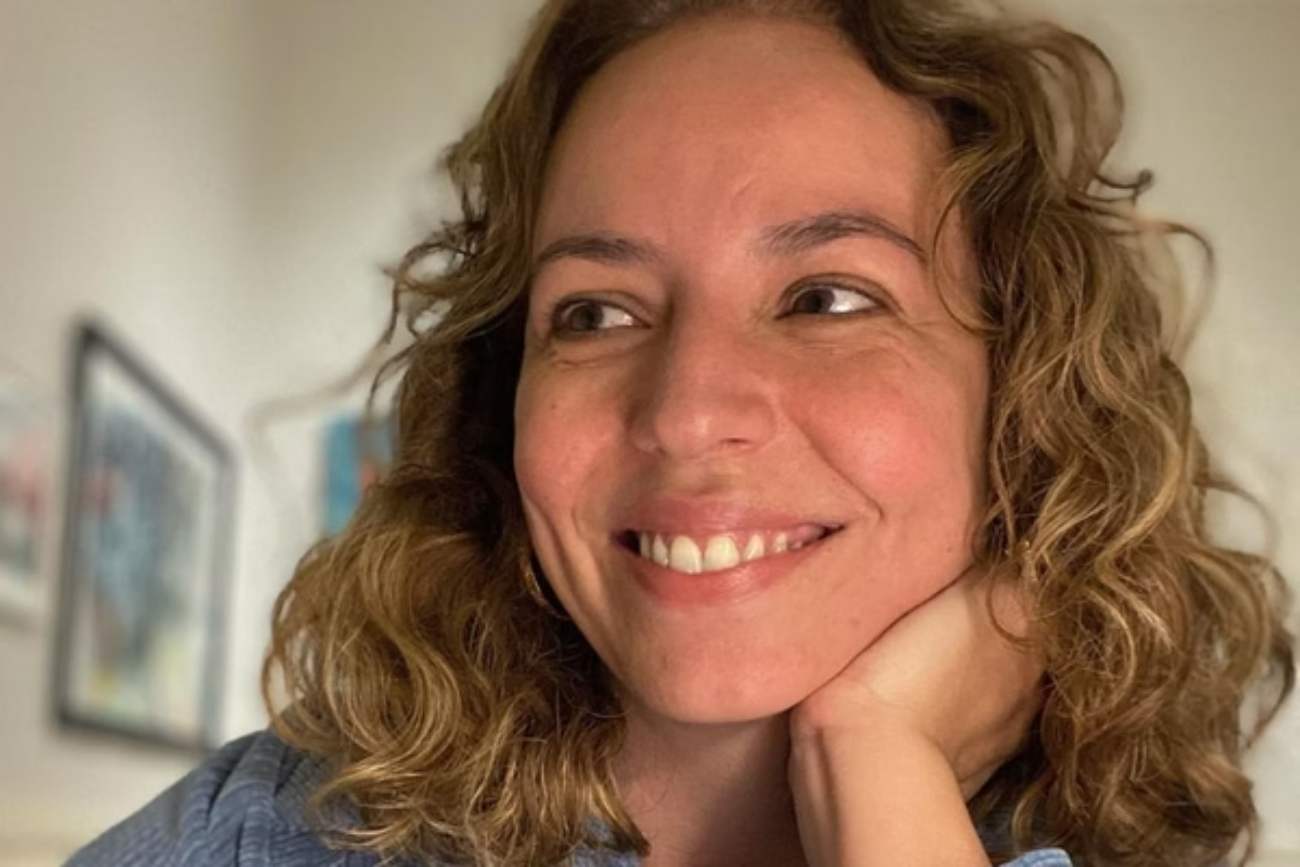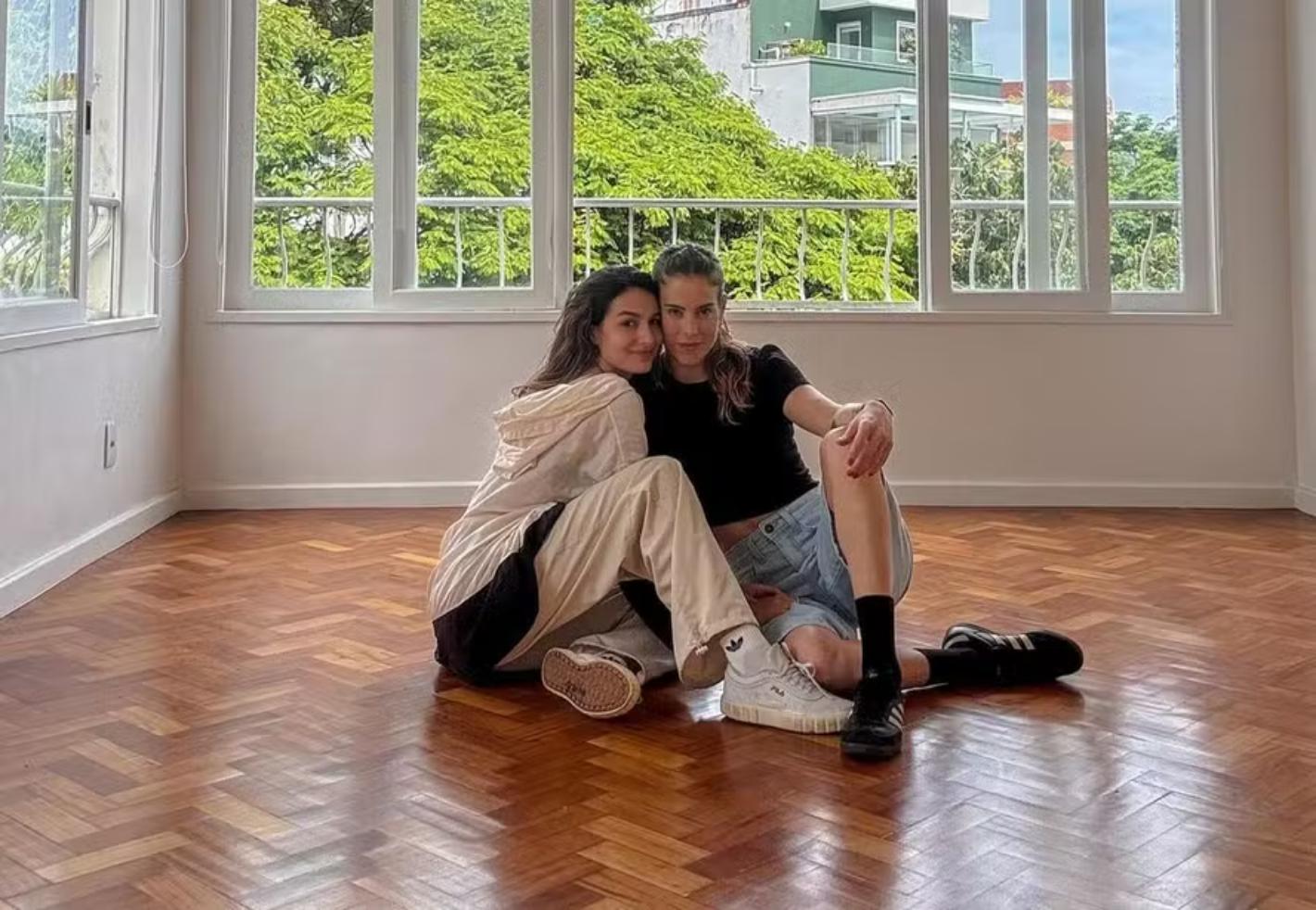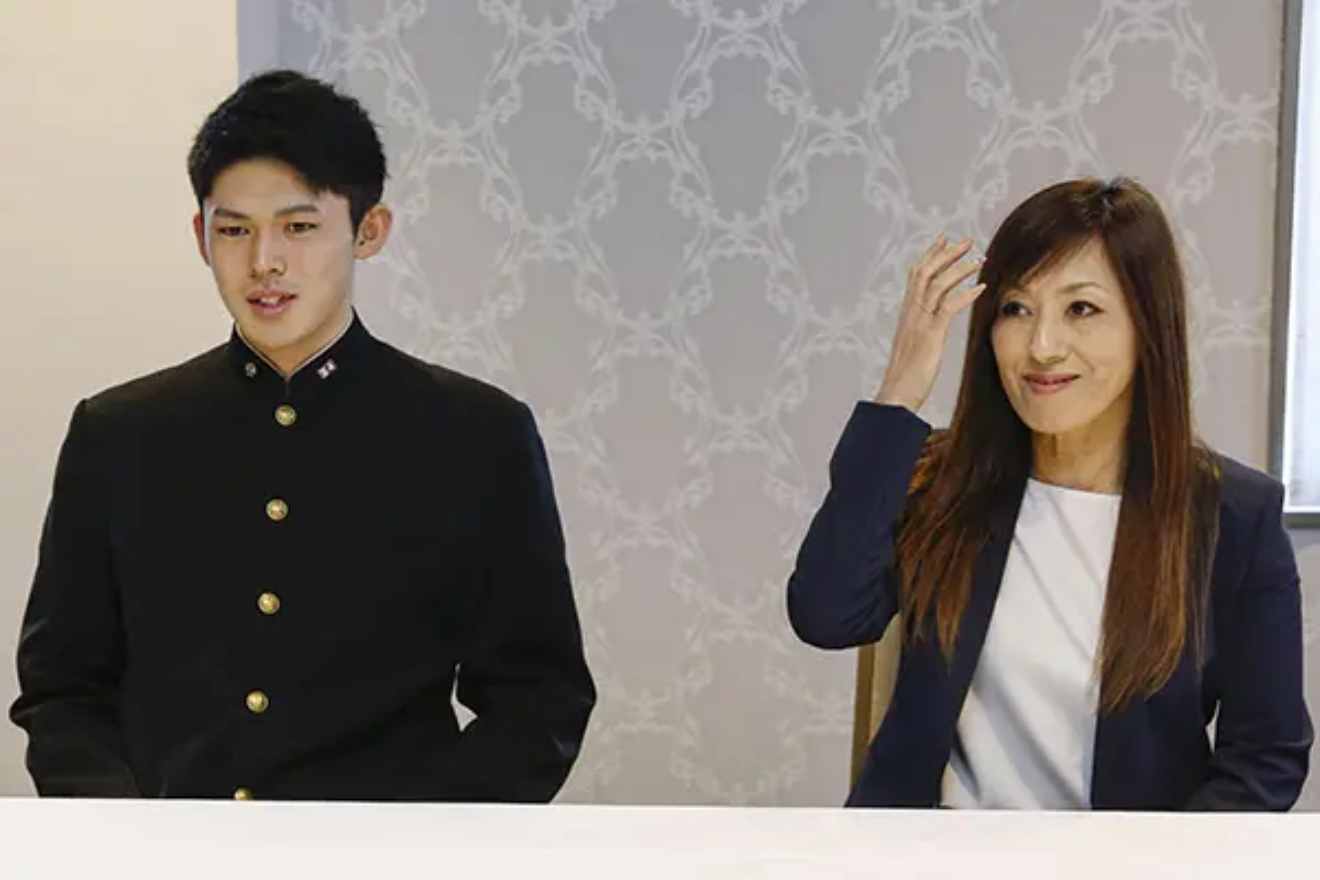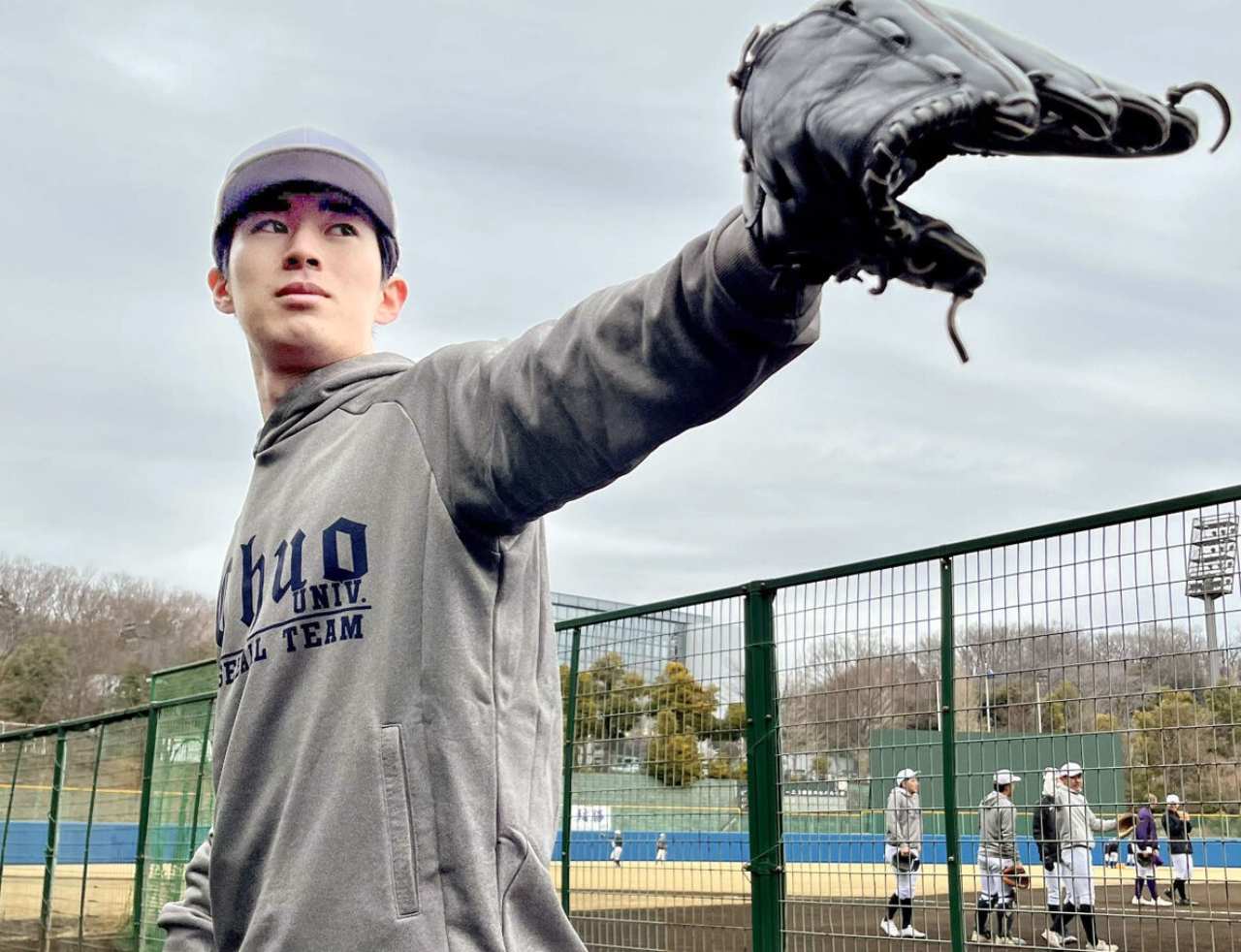Love is Blind Brazil just announced its 4th season: A new chance, which will premiere in june 19th. This new season invites 15 participants who have divorced, or have a failed marriage to get together and see if they can work out a new relationship.
Meanwhile, Cassia Dian, the director of Love Is Blind Brazil, has opened up about the potential for new versions of the reality show.
Love Is Blind has been a massive hit among singles in Brazil and worldwide. However, every time a new season is released, questions about possible LGBTQIA+ and 40+ editions arise on social media. Director Cassia Dian addressed these possibilities.
“Both versions are possible, but for same-sex couples, for example, we would need to adapt the current format,” the director stated. Dian’s concern is about the communal lounge. The familiar format of the reality show separates men from women.
This separation not only prevents them from meeting before getting engaged but also facilitates information exchange among participants. For LGBTQIA+ contestants, the program’s aim of not knowing who is on the other side of the pods might be compromised.
“In a show for same-sex couples, for example, everyone would be together and could start something right there. This breaks one of the format’s principles, which is choosing someone blindly,” Cassia Dian explained.
Love Is Blind
Love Is Blind is undoubtedly one of Netflix’s major successes. Whether it’s the U.S. version, the Brazilian one, or even the Japanese version, the reality show achieves significant social media relevance. Director Cassia Dian celebrated the show’s success.
“Any post I make about Love Is Blind is met with a flood of requests to participate,” the director explained. Regarding the significant exposure social media gives participants, she noted that while the relationship with contestants has indeed changed, a person only extends their “15 minutes of fame” if they have relevant content.
Cassia Dian attributed the show’s success to Brazilians’ connection with television. “Reality shows are like soap operas with everyday people, and this also explains the format’s popularity,” she stated.







Leave a Reply Cancel reply